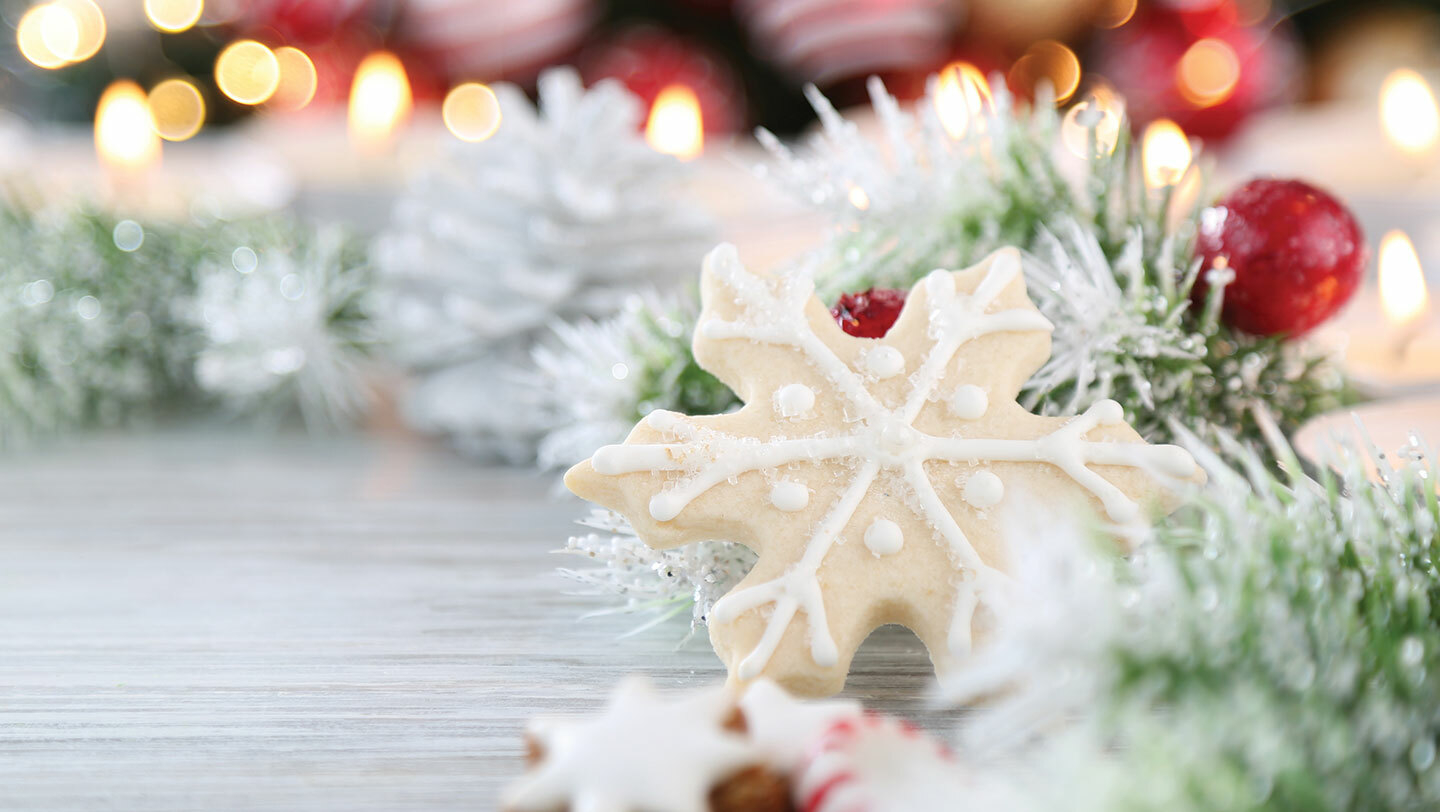Christmas is the time of year we all love the most – a hedonistic social whirl of festive partying, fizz, mince pies and mulled wine. But this annual feasting frenzy can also lead to piling on unwanted pounds, low energy levels and feeling sluggish.
So how exactly can you balance the canapés, indulgent Christmas lunch and Champagne fuelled New Year’s Eve celebrations while also maintaining your health and fitness during this most enjoyable, yet often stressful, season?
The good news is that it can be handled with a little planning and a smidgeon of extra willpower. After all, hitting January 1st feeling like something the cat dragged in is not the best way to start the year. The first point to remember, and accept, is that even with the best intentions, inevitably, you will eat more for a few days over the Christmas period – so lose the guilt.
"Calorie intake is likely to be excessive from Christmas Eve through Boxing Day, possibly double the usual amount of 2,000 calories a day for women and 2,500 for men,’ explains leading dietician Dr Sarah Schenker, who specialises in obesity, sports and childhood nutrition. "To counteract this, reduce your daily intake by 300-500 calories from the beginning of December before the party season starts, making those early days quite frugal by having a bowl of vegetable soup for lunch along with a sensible breakfast and dinner." 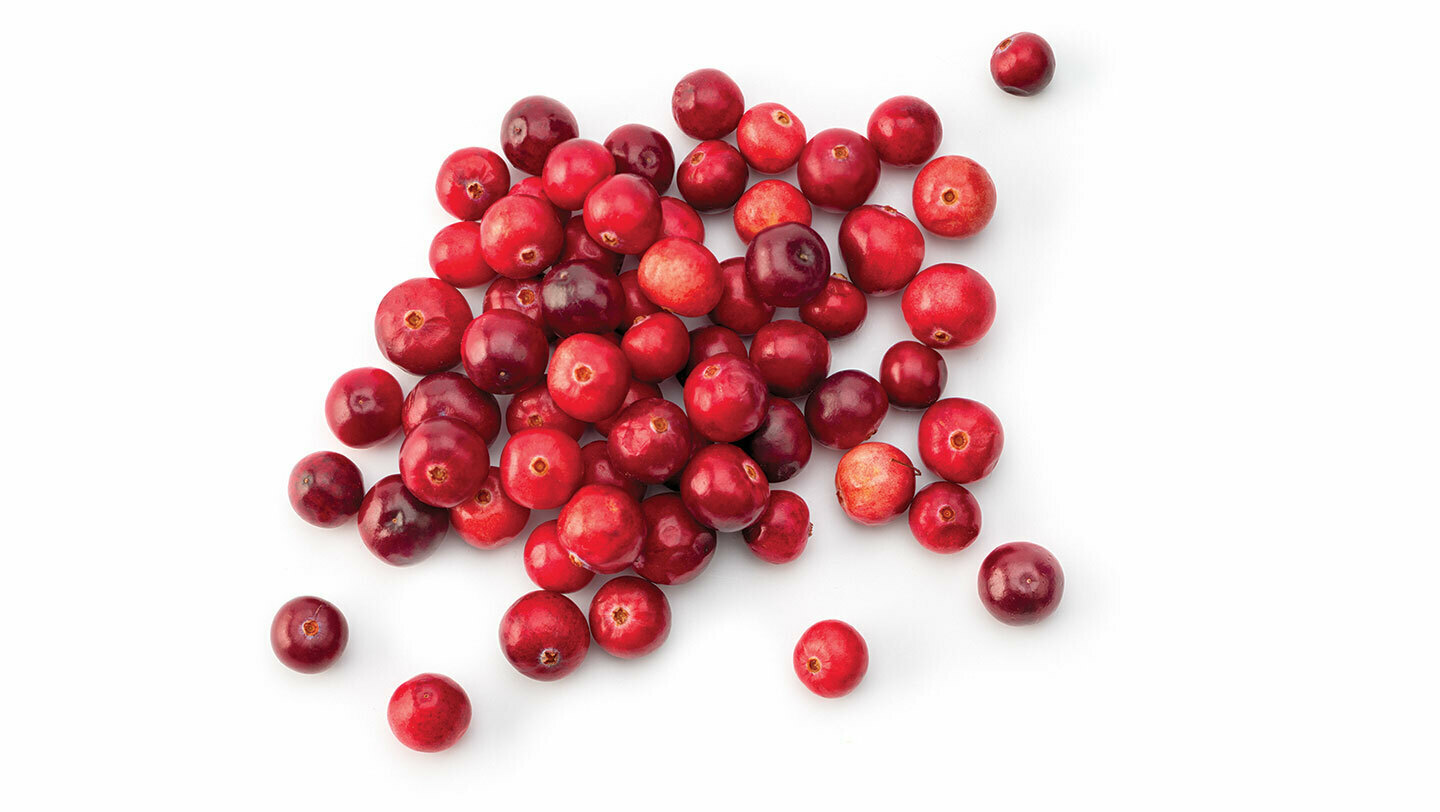
Anticipating potentially overindulgent situations in advance can also give you more control according to Dr Schenker. "If there are endless office parties on the horizon, where there will be mountains of canapés and alcohol, plan ahead and don’t arrive on an empty stomach ready to glug glass after glass of Champagne," she counsels. "Think also about the canapés, which are usually bread or carb based. If you’ve already eaten, you’re less likely to demolish them or hang around the crisp bowl."
Letting your hair down over Christmas and New Year can be positively good for you. "There’s nothing worse than being a misery on a diet over Christmas and New Year," says clinical nutritionist and co-founder of welleco, Dr Simone Laubscher. "If you don’t let your hair down a little, it’s highly likely that you will binge your way through January. You need to plan for four mad days over Christmas and the same over New Year, [better] an eight-day landslide rather than an eight-week who cares."
Dr Laubscher advises caution on over-compensating in early December. "Many people detox and diet hard at the beginning of the month so they can wear that kick ass dress to the office Christmas party. Effectively, it’s a detox before the retox.
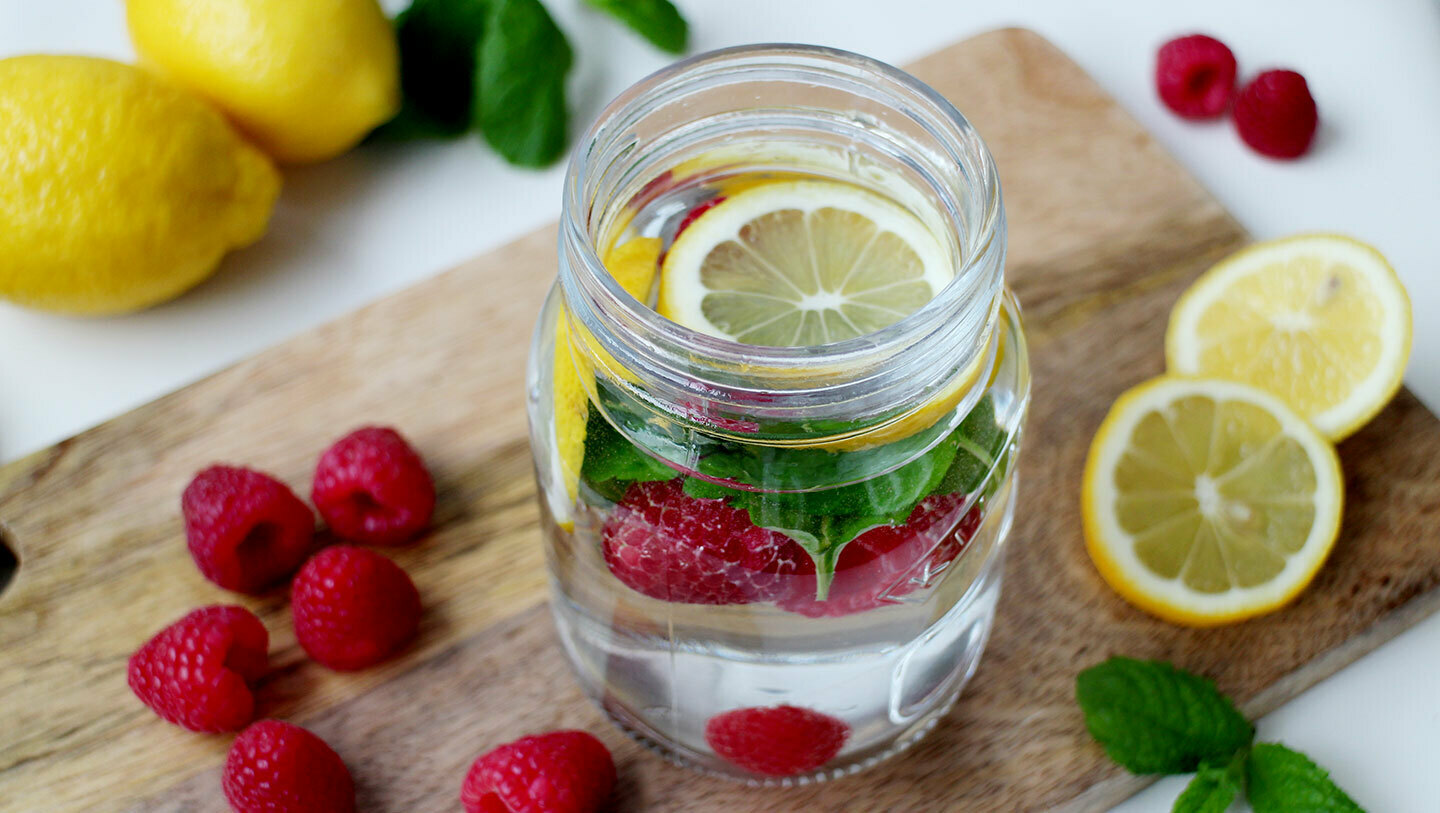
"I’d advise a kinder approach. If your weekends are full on, it’s wise to keep the weekdays clear. You can also invert the 5:2 diet and go vegan for five days and be less controlled for two days, if that works for you." Planning ahead in the lead up to Christmas is key for your health according to fitness expert Christine Kjeldbjerg. Christine recommends incorporating 10 minutes of HIIT exercise into each day, "to boost metabolism and hopefully prevent unwanted pounds. My advice is to enjoy the excess but retain the balance."
The really good news is that the biological impact of Christmas and New Year excess is minimal if you are in general good health. "All healthy bodies can take a day of excessive food and alcohol," adds Dr Schenker. "Many people don’t sit down to their Christmas meal until mid-afternoon, so you are more likely to have just one main meal rather than two.
"Making Christmas Day your Cheat Day can work really well for people who need that permission. And after Christmas, start thinking about food nutritionally and what it’s doing for you once again rather than as a guilty indulgence. "Then use Boxing Day to relax and recover by drinking lots of water and getting enough sleep. The Christmas Day leftover veggies can be blitzed into a nourishing soup for Boxing Day too."
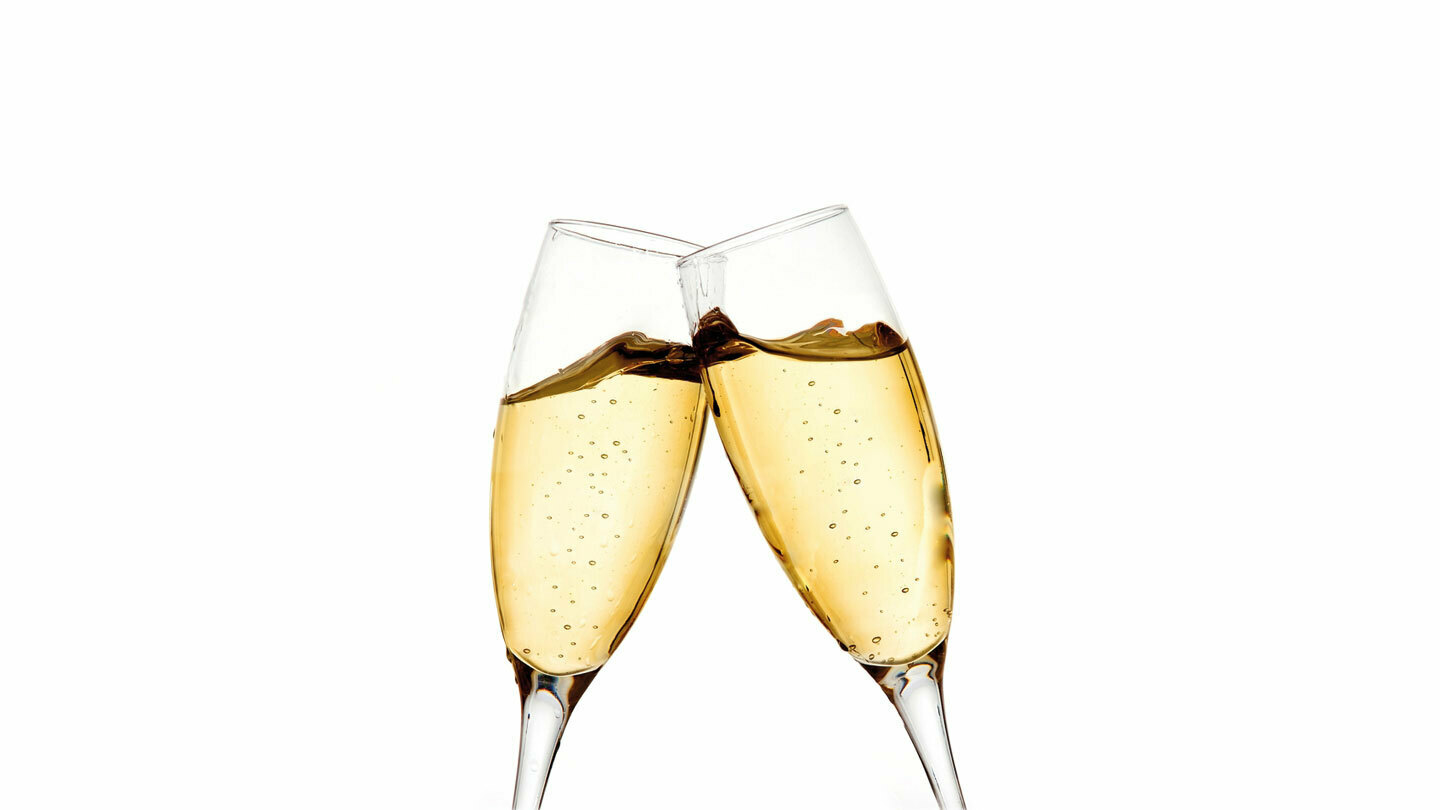
It’s easy to forget about the calories we drink, but a Cancer Research UK study found that younger people can drink up to 4,000 extra calories at Christmas parties. Dr Schenker says: "Excessive
alcohol is potentially harmful, but you can adopt little tricks to reduce its impact on your system. Alternate each glass of wine or Champagne with a glass of water as hangovers
are caused chiefly by dehydration. Always finish your glass before it’s topped up and push wine o’clock back to 5pm if possible rather than starting at midday."
Dr Laubscher also advises avoiding high GI drinks like sugary cocktails and beer, which are more likely to spike your blood sugar levels, sticking instead to red or rosé wine, vodka or Champagne, which is also less calorific.
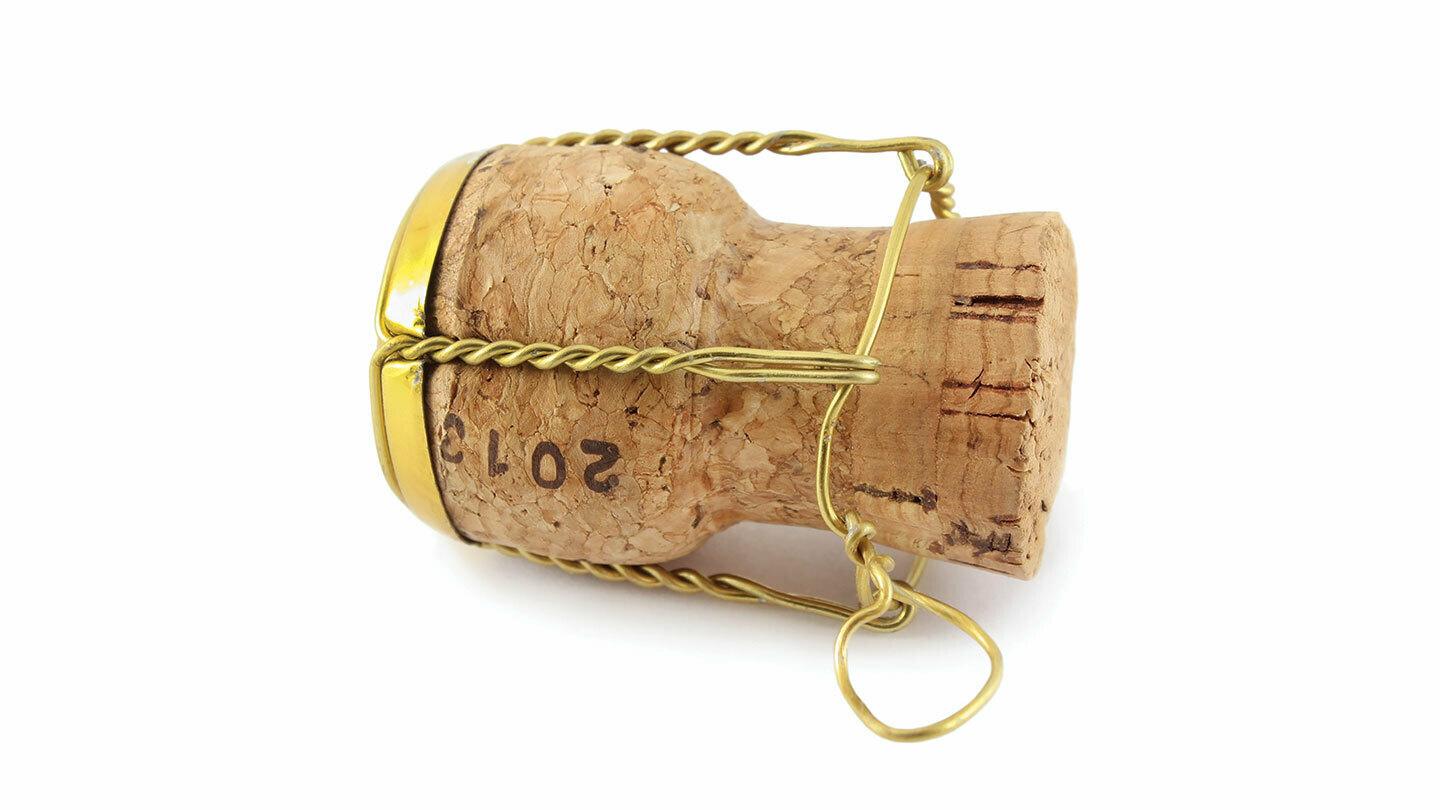
So, you’ve made it through Christmas Day, you may feel tempted to return to a strict diet as the sense of guilt settles. Dr Laubscher says: "Psychologically, fasting straight after Christmas is not healthy. This time of year brings a lot of emotional baggage – you may have to spend time with people who rub you up the wrong way – so there will be emotional triggers which will affect your eating habits. "If you find yourself in the kitchen with a plate of mince pies because someone is stressing you out, breathe and take a step back, but also allow yourself a little leeway. Christmas is supposed to be fun after all."
Kjeldbjerg agrees that a post-Christmas fast can be more harmful than helpful, adding: "You have to replenish your body with the nutrients you have used up while partying. In order for the natural detoxification process to work efficiently, you have to stock up on protein and B vitamins."
A final word of advice: you might be relieved to hear that it’s best to leave the detox until spring when it will be more effective. "Winter is a time for conserving energy and nourishing the body," says Christine Kjeldbjerg, "whereas spring is the time when the organs responsible for cleansing – the liver and gall bladder – are working their hardest, so it makes sense to wait."

Super Spy
18th December 2017
Spy Likes:
Length size pools; strong swan pipes; seriously deep tissue massages; beautiful views from outside thermal experiences.
Spy Dislikes:
Sniffing therapists; cold treatment rooms; hard sell on products.
